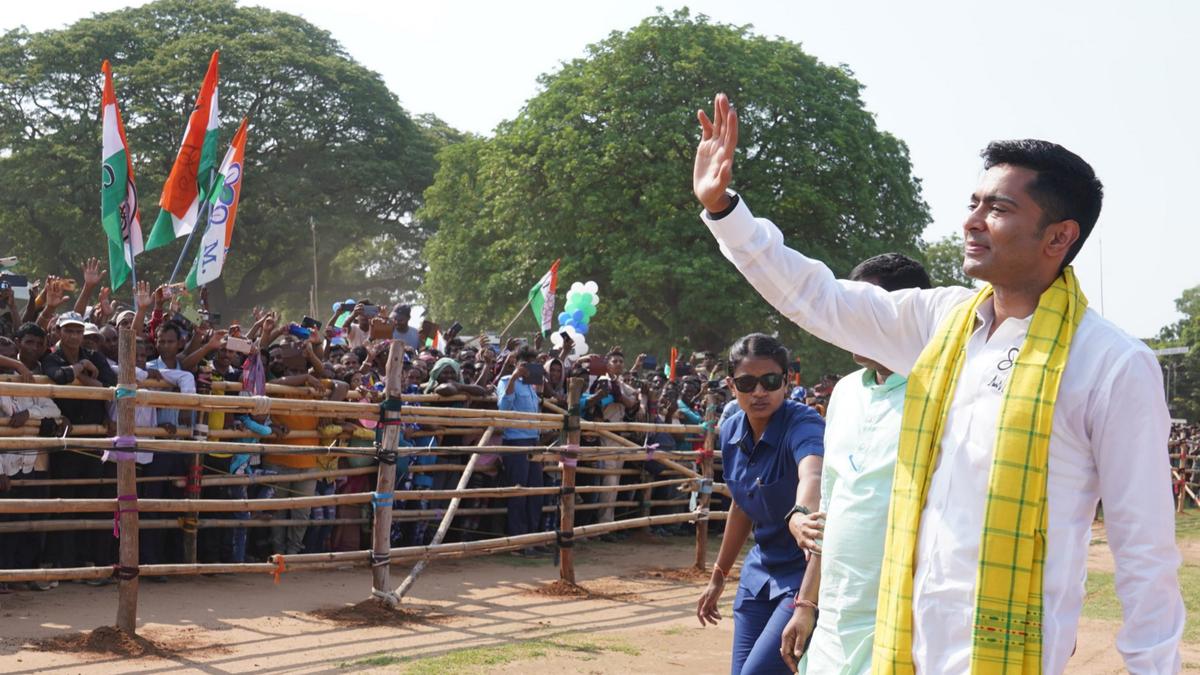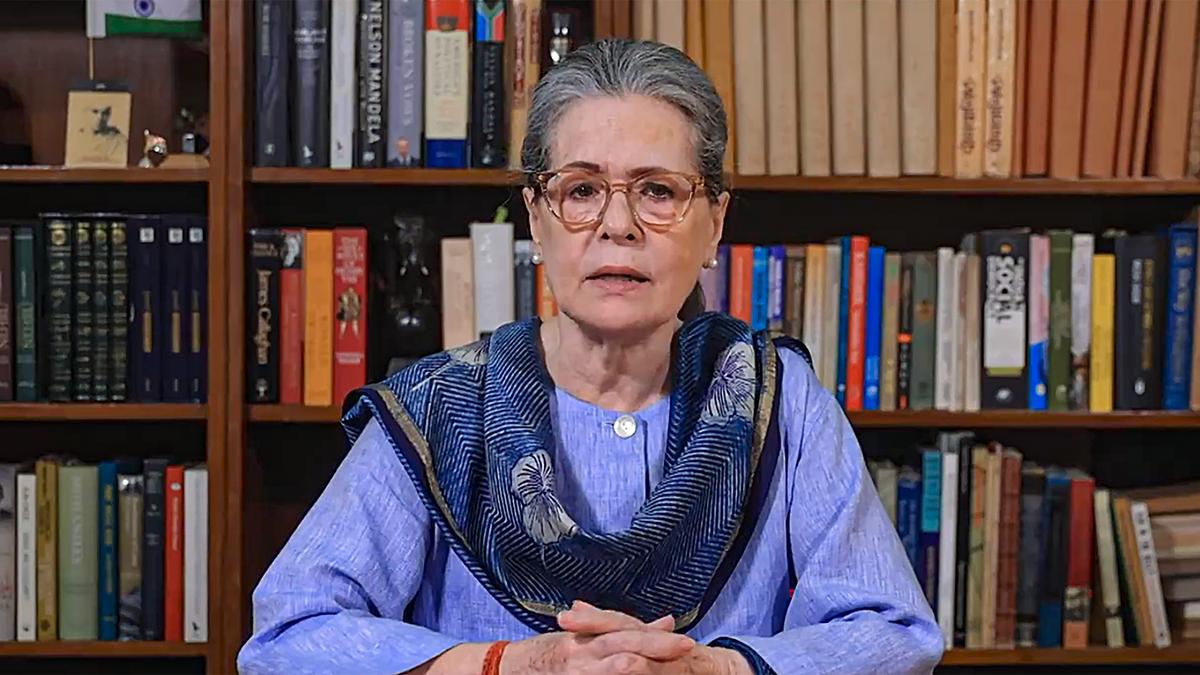The 21-years old Meezan does not have much choice but to walk over a steep, thin and long wall to reach the other side and dispose the sanitary pads — a herculean task during her painful menstruation as she does not have any other space in the Kalindi Kunj camp in Delhi.
This is not Meezan's story alone, but of around 200 Rohingya Muslim girls and women, who struggle with period poverty in the absence of clean water and sanitation.

The thin wall Rohingya women have to cross to dispose their sanitary pads.
(Photo: Shivkumar Maurya/TheQuint)
The Quint visited Kalindi Kunj and Shram Vihar refugee camps to understand the challenges these women face during menstruation or as they call it 'mashik.'
Neither does any one of them have a proper toilet nor is there a disposal mechanism at place and this has contributed to their health complications.
Meezan told The Quint

One of the enclosed rooms in Meezan's living space.
(Photo: Shivkumar Maurya/TheQuint)
Over a thousand Rohingya refugees live in the capital and as winter looms over them, it has become difficult to manage their menstrual health which is deeply tied to a larger health issue in these camps.
The Period Cost
In one of the largest period health surveys taken in India by Gynoveda, it was revealed that nearly 70% Indian women face problems related to menstrual health and 83% women admitted to having painful periods.
Minara too experiences a painful period. The 30-year-old Rohingya woman has lived in Kalindi Kunj camps since 2012. However, in light of fires and no help from the authorities, it has become more difficult to manage water and sanitation.
"Nothing has improved since then. For women, it's all the more difficult here," she said. Minara's periods are painful and she ends up losing work and money because of the same.
Minara lost her husband a few years ago and is now working in housekeeping to provide for her four children.
Minara to The Quint

In front of Minara's living quarters in Kalindi Kunj.
(Photo: Shivkumar Maurya/TheQuint)
She added, "Twice, we have faced fires here, so whenever we make a proper shanty or living space, it gets destroyed.. My daughter also has painful periods and she has to miss school on those days but it's tough, how to manage toilet and periods here? it doesn't go together."

Inside Minara's living quarters.
(Photo: Shivkumar Maurya/TheQuint)
When Water Becomes a Luxury
Rohingya refugees have been forced to live a life of indignities where access to water has become nothing short of a luxury.
Salimullah is a community health worker in the Kalindi Kunj camp. Speaking with The Quint, he said:

Rohingyas collect water once in the day.
(Photo: Aliza Noor/The Quint)
Salimullah noted that because of such limited water supply, most Rohingya girls and women either suffer from infections or have kidney stones.
He believes that the community would benefit from some classes or training in how to better deal with their menstruation from their hygiene and physical and mental health perspective.
'Some Rohingya Women Still Use Cloth'
The NFHS-5 or the latest National Family Health Survey revealed that about 50% of girls between the age of 15-24 years still use cloth during their menstruation.
In light of glaring period poverty, how do Rohingya girls manage menstrual hygiene?

Rohingya women hang clothes on wooden poles or
(Photo: Shivkumar Maurya/TheQuint)
This was also corroborated by Rehana* a local activist who has been living in Shram Vihar for over a decade.
"The ones that use cloth, they wash it and then dry it out in the sun and then use it later again. But the number is now thankfully going down gradually," she said.
The Bathroom Scarcity
Most Rohingya women don't have a toilet so they wake up early in the morning around 5-6 am and use the muddy field as toilets.

Meezan's family is the only one which has made themselves a makeshift toilet for the whole family.

But because of no mechanism of disposal, a huge dump has been created which is now a breeding ground for mosquitoes and other diseases.

Similarly, Minara stated that she "wraps up the pads, cross over and dig up a hole and bury it in there at the end of the month."
But for Rehana, an internal fight in the community debarred her from using the one toilet they built in the Shram Vihar camp.
'What I'd Tell My Daughters Is...'
Hania*, is a Rohingya refugee and a community health worker in the Shram Vihar camp. A 24-year-old with three little daughters, she takes care of the women when they need medical aid.
Talking about disposal, she said, "We dig 3-4 ft hole in the ground and bury the pads in the ground, so that it's out of reach for the children and the dogs as well."

Hania*, a community health worker in Shram Vihar camp.
(Photo: Shivkumar Maurya/TheQuint)
Now, Hania* also informs as the women twice a month about menstruation.
"I try to educate the women here as much as I can so they further teach the young girls and the men in their house. It's a dangerous issue, if they don't take care of themselves properly, their womb or pregnancy can be at risk too."
On being asked about her daughters, Hania smiled and said:
(*Names have been changed to protect their identity).
(At The Quint, we are answerable only to our audience. Play an active role in shaping our journalism by becoming a member. Because the truth is worth it.)

 4 months ago
64
4 months ago
64






